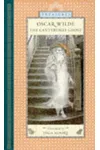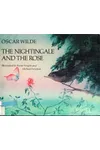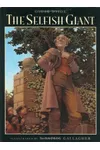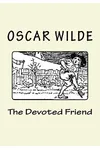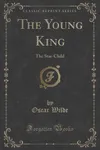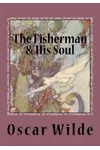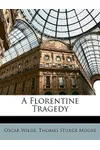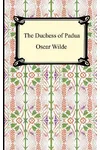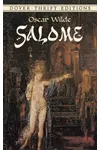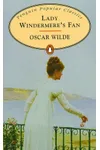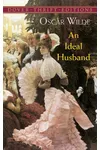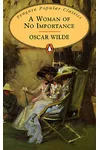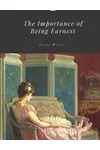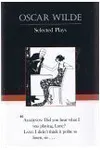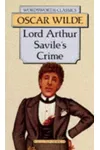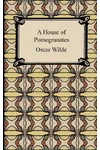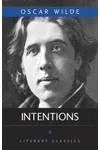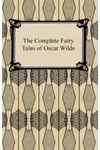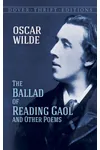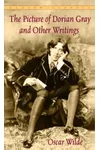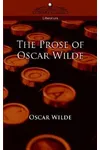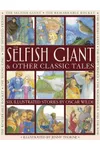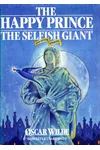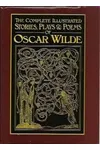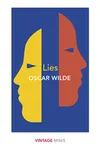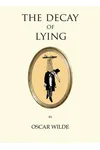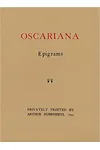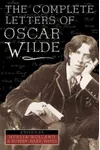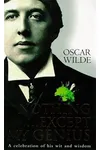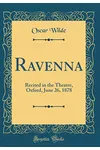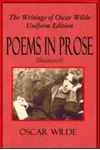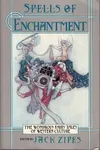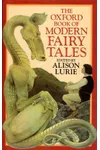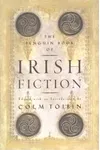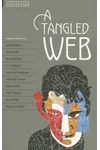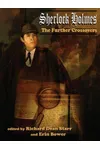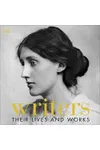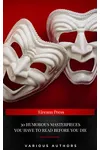Picture a dazzling Irish wit who turned Victorian society on its head with his razor-sharp prose and audacious charm—meet Oscar Wilde! Born in Dublin in 1854, Wilde was a playwright, novelist, and poet whose works, like The Picture of Dorian Gray and The Importance of Being Earnest, remain timeless treasures. His life, marked by brilliance and scandal, continues to captivate readers worldwide.
The Making of Oscar Wilde
Oscar Wilde grew up in a vibrant, intellectual Dublin household. His mother, a poet and Irish nationalist, and his father, a renowned surgeon, instilled in him a love for literature and learning. Educated at Trinity College and later Oxford, Wilde honed his flamboyant style and quick wit, earning accolades for his poetry. By his 20s, he was a celebrated figure in London’s literary scene, dazzling audiences with his lectures and essays.
Oscar Wilde’s Unforgettable Works
Wilde’s only novel, The Picture of Dorian Gray (1890), is a gothic masterpiece exploring vanity, morality, and the cost of eternal youth. Its provocative themes shocked Victorian readers but cemented Wilde’s literary genius. His plays, like The Importance of Being Earnest (1895), sparkle with witty dialogue and social satire, poking fun at class and identity. Other gems include Salome (1891), a darkly poetic drama, and his poignant prison letter, De Profundis, reflecting on suffering and redemption. Wilde’s style—lush, epigrammatic, and subversive—blends humor with piercing insight, making his works endlessly quotable.
His fairy tales, such as The Happy Prince, reveal a tender side, weaving moral lessons with lyrical beauty. Whether in prose or on stage, Wilde’s voice challenged norms, celebrating individuality and exposing hypocrisy with a wink.
Why Oscar Wilde Matters
Oscar Wilde’s influence transcends his era. His fearless critique of societal norms resonates in today’s discussions of identity and freedom. His works have inspired countless adaptations, from films to operas, and his aphorisms—like “Many lack the originality to lack originality”—pepper modern culture. Despite his tragic imprisonment for his sexuality, Wilde’s spirit endures, a testament to art’s power to provoke and liberate. His legacy as a champion of wit and individuality continues to inspire writers and dreamers.
About Oscar Wilde
- Born: October 16, 1854, Dublin, Ireland
- Key Works: The Picture of Dorian Gray, The Importance of Being Earnest, Salome
- Died: November 30, 1900, Paris, France
- Notable Fact: Imprisoned for two years, Wilde wrote De Profundis during his sentence.
Snag The Importance of Being Earnest and dive into Oscar Wilde’s sparkling wit—your bookshelves will thank you!
